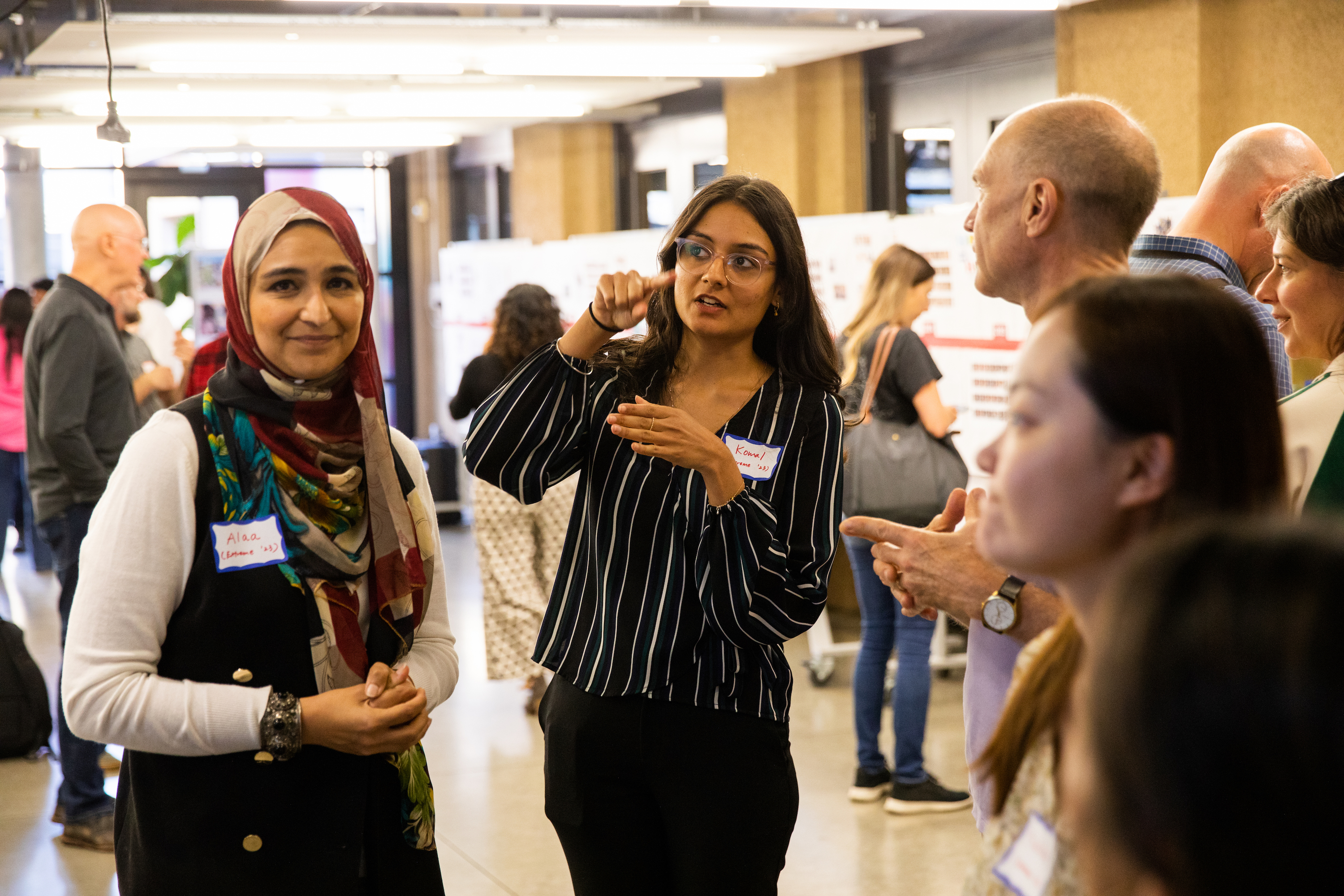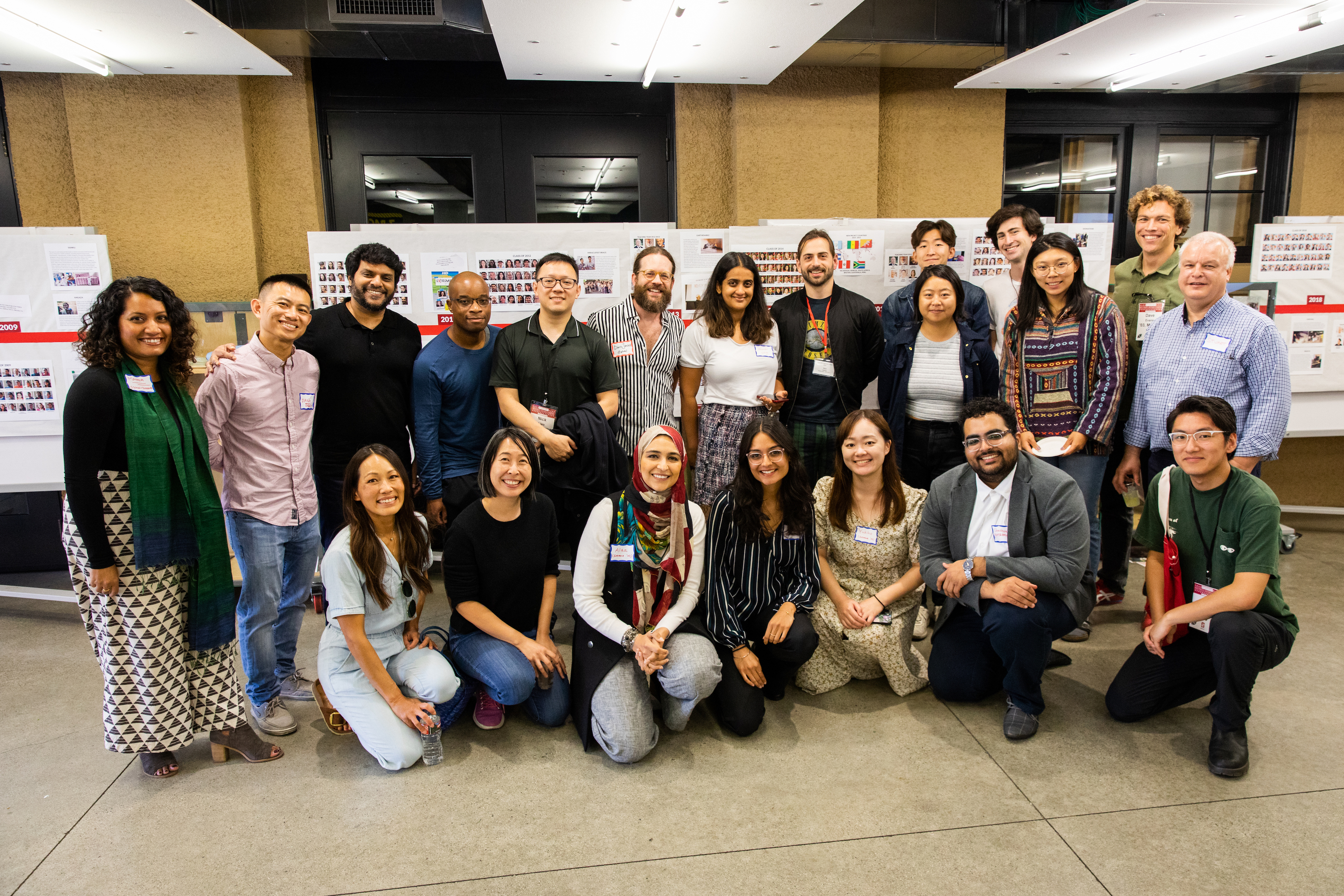
What Past Students Say
Definitely take it! It’s a big time commitment but you really get out of it what you put in. No design experience is required. You are taught the design process and quickly move to applying it in real settings. Very interesting course taught by interesting people. Later in the course, faculty move on to become more like coaches and you really have to take ownership of your project.
TAKE IT!! One of the best courses you will take at Stanford (if not the best) with a phenomenal teaching team that cares a ton about the process and about making sure that you come out of the course having made a real impact. The challenges, issues, partners and the work itself is so necessary and interesting- this course has made me rethink my life and career and is a true epitome of teaching you how to do good in the world.
This was my first exposure to the d.school process, and never before in my education have I had such open-ended prompts and deliverables and such encouragement to be creative! The most appropriate summary is what Prof. Beach said to me when I first asked him about Extreme, “Extreme will change your life.” You could say I’ve drunk the Kool-Aid.
I came into Extreme with really high expectations. And I wasn’t disappointed. It is a real gem of a learning experience, one that goes a long way towards validating my b-school expenses, since it’s precisely the kind of work I’d like to do long-term. Knowing just how many hours I haven’t slept for this class, I would still do it again next year if I could.
Extreme will be a class that I talk about for the rest of my life, and will undoubtedly influence my future career choices, management style and approach to problem solving.
It has been extremely gratifying to contribute to improving critical medical systems for some of India’s poorest patients, even as these interactions have permanently altered my perspective on a doctor’s role in society. Extreme is perhaps the most important class I have taken in over a decade of medical training – and I am certainly a better physician for it.
Is Extreme right for you?
These are the characteristics of an ideal student. We consider these traits to be critical because of their impact on your personal experience, your teammates' experience, and the impact of your project on the communities we serve.
Who are Extreme students?
- TEAM PLAYER: you realize that personal success is tied to team success
- COMMITTED TO THE COURSE: you will make Extreme your #1 priority for Winter and Spring quarters
- PASSIONATE: you have a passionate soul, even if it’s not yet dedicated to a specific topic
- RESOURCEFUL: you are inspired - not discouraged - by constraints & scarcity of resources
- WANT EXPERIENCE, NOT JUST CLASS: you are seeking a deep personal experience and growth, not just units, a grade, or a résumé item
- ROOKIE/VETERAN MIX: we are seeking a healthy balance of students who have experience with content & process and those who don’t
- COLLABORATIVE: you look forward to sharing creative experiences with others
- SELF AWARE & HUMBLE: you recognize your own strengths and weaknesses, as well as how you project them
- WILLING TO TRY OUR APPROACH: you are open to learning and practicing our d.process, regardless of pre-existing knowledge and experience
- COOL UNDER PRESSURE: you can channel stress and emotions toward focus and progress
- DRIVING DESIRE TO IMPLEMENT: you are determined to make your project a reality
- INTROVERT/EXTROVERT MIX: we are seeking a healthy balance of personalities
What happens before the Extreme course?
Every fall, we receive applications for the upcoming Extreme class. The application process is highly competitive and final students are selected based on their passion for the class, proclivity to make things and prior experience in addition to their discipline. Each Extreme cohort is typically a mix of 25% business students, 25% engineering students and 50% from other programs as wide ranging as Medicine, Education, International Policy, and Earth Systems. We highly encourage students from across Stanford to apply and strive for a diversity of student applicants.
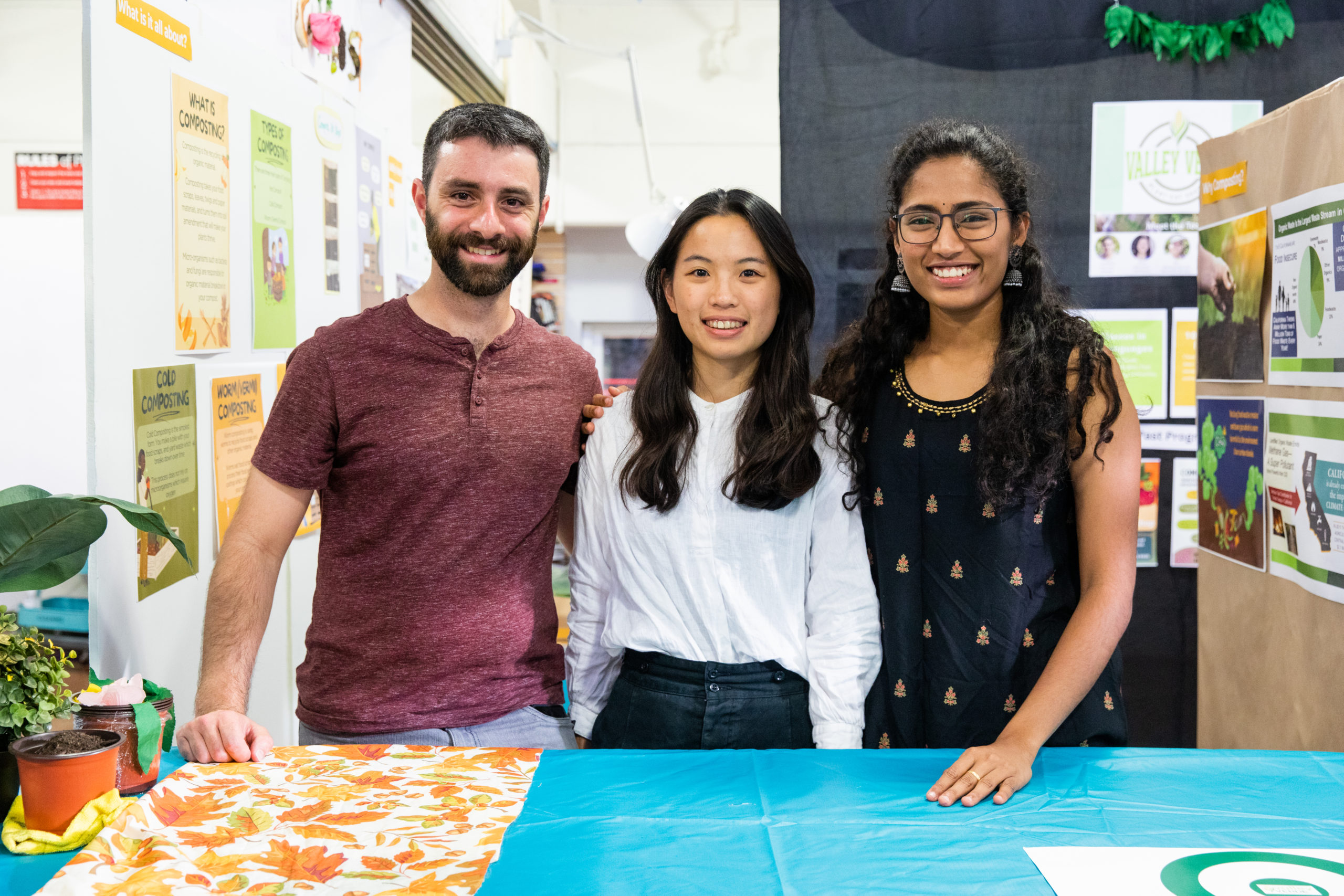
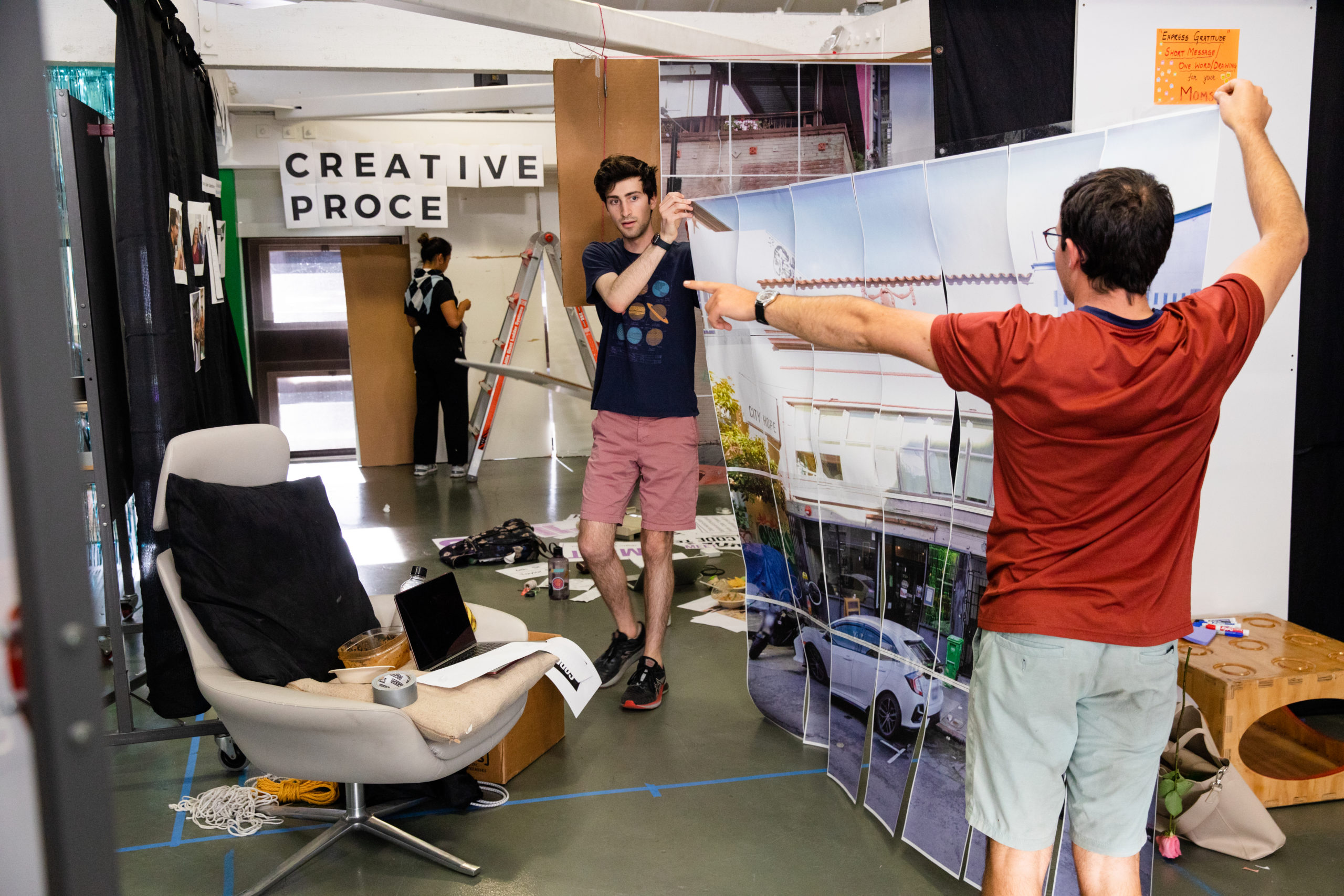
Winter Quarter
Winter quarter immerses students in the fundamentals of design thinking. Topics include need finding, user empathy, rapid prototyping and iteration, and collaborative dynamics. Students learn the design process experientially, as they are coached through a number of fast-paced design projects, culminating in a real-world project with partners. We strive to give students a strong foundation on co-designing with various communities, including economic, technological, and cultural considerations.
Spring Break
Over spring break, student representatives from each team travel to the project sites for intensive research activities. Students hey explore the needs of the communities and make arrangements with their partners to collaborate over spring quarter. Teams gain empathy with stakeholders in order to develop solutions that fit into the culture, aspirations, and constraints of their intended communities.
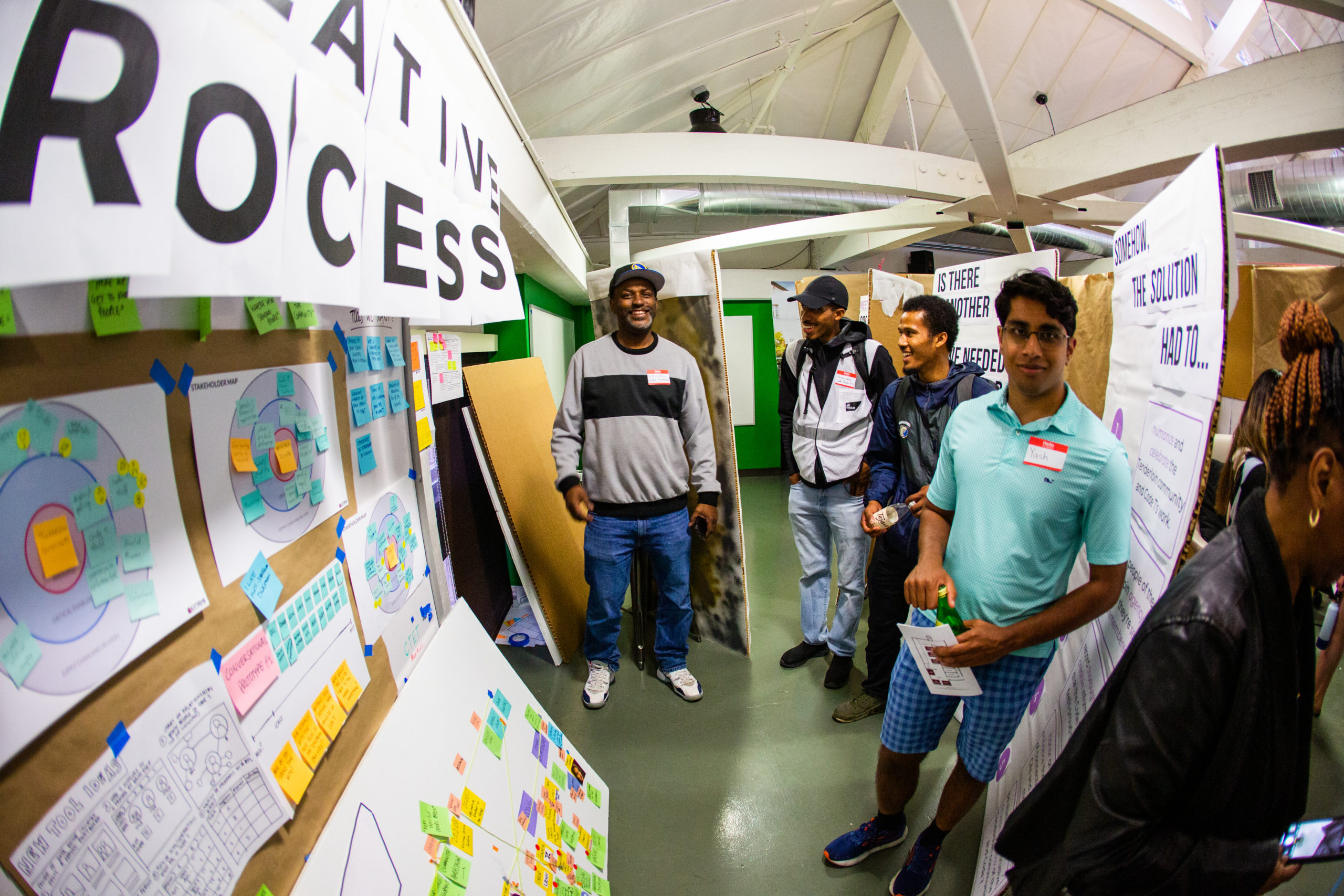
Spring Quarter
During Spring Quarter, teams will iterate on their designs and business models through a rapid sequence of prototypes, user tests, and design reviews. Students will interact with experts and entrepreneurs who have launched social impact ventures, including several class alumni and the extended Extreme community network.
The final deliverable is a product or service framed in a comprehensive implementation plan including a business model, technical innovations, cultural rationale, and the most appropriate next steps. The course culminates in a professional presentation to the partners and a panel of industry experts.
